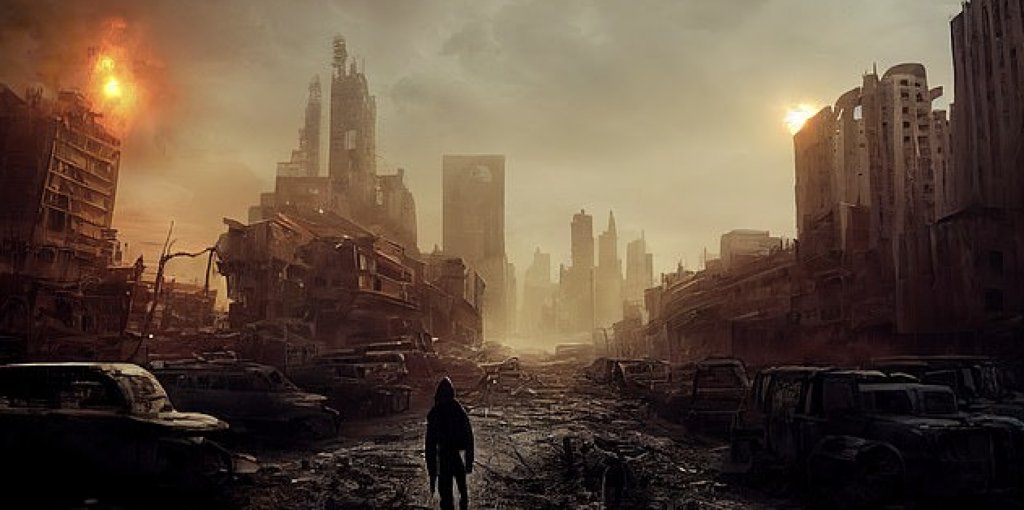by Sallust, Daily Sceptic:

Climate change zealots insist we’re on the brink of destroying the world. But actually, it seems our world is in danger of dying off a different way and the end will be a drawn-out catastrophe. It’s a totally unprecedented self-inflicted problem which has never happened before in human history. According to the Mail, the thing we should be really worried about is Babygeddon:
Last year, the Japanese manufacturer Oji Nepia, which makes everything for the bathroom from toilet rolls to wet wipes, announced it was to cease producing babies’ nappies.
TRUTH LIVES on at https://sgtreport.tv/
Instead, it would concentrate on adult diapers and incontinence pads for the elderly.
The decision was prompted by Japan’s falling birth rate but, since so many of us never fully grow up, the news provoked sniggers worldwide. Nappies are funny, after all, unless it’s your turn to change a dirty one.
But there’s nothing amusing in the global trends underlying this announcement. Unless a radical demographic change occurs, the world is heading for a crisis, with Britain at the forefront.
Put bluntly, the U.K. and Western Europe are running out of babies, and the pattern is echoed across the planet, from China to South America. By the middle of the century half the population of Italy will be over 50.
For Britain, these trends are predicted to lead to multiple catastrophes for our way of life, first through mass immigration, then the collapse of our health service, the atrophy of education and total wipe-out for our pension system.
The signs are all there in the Far East:
More than 10% of Japan’s population is now aged over 80, for the first time in the nation’s history, and almost 30% is aged 65 and older. Subsidies, better childcare and welfare boosts have failed to work, and the country’s leaders are at a loss. As the country’s then prime minister Fumio Kishida put it in 2023: “It’s now or never. Japan is standing on the verge of whether we can continue to function as a society.”
Britain is approaching that same cliff edge. According to figures from the Office for National Statistics [ONS] last October, only 591,072 babies were born in the U.K. in 2023. That’s the lowest figure for almost half a century and a drop of more than 14,000 on the previous year.
Not surprisingly, the cost of living and doom-mongering are dissuading people from having children:
Less than half of women aged 30 in England and Wales, just 44%, have children. That compares to 58% for their mothers’ generation at the same age. And when their grandmothers were that age, the figure was a bouncing 81%.
Clearly, this is not solely due to the cost of living, though no one can deny that having children is expensive – perhaps unaffordable for couples who can barely afford their rent, never mind save for a deposit on their own home.
Other longer-term factors include the breakdown of the nuclear family since the 1950s, the introduction of the contraceptive pill in the 1960s and the decriminalisation of homosexuality, which has increasingly freed many people from traditional gender roles.
Some women are choosing not to have babies because they are afraid of bringing children into an uncertain world beset by war that feels far less safe than it did during their own childhoods.
Others fear that it is somehow irresponsible or ecologically unsound to have a family. For them, the 2.1 ‘R rate’ is less important than Net Zero.
The Mail has some chilling predictions for the future, starting with 2025:
Immigration, both legal and illegal, continues to soar. With a dwindling number of young people available or willing to take jobs with long hours on minimum wage, many more employers look abroad. In hospitality, healthcare and construction, there appears to be no other way to fill vacancies.
In response, the Labour Government sees a way to take the heat out of the cross-Channel people-smuggling scandal – by flinging open the doors with “safe and legal routes”. Chancellor Rachel Reeves declares this will provide the much-promised economic growth.
To incentivise employers, she discounts the minimum wage for first-year immigrants to 75% of the standard rate (£12.21 an hour from April 2025).
This is a reduction from the previous rate of 80%, paid to those on a Skilled Worker or Health and Care Worker visa. The results are predictable – a surge in legal immigration, which Prime Minister Keir Starmer claims as a victory over the trafficking gangs, and an endless conveyor belt of migrant workers into care homes and hospitals.



